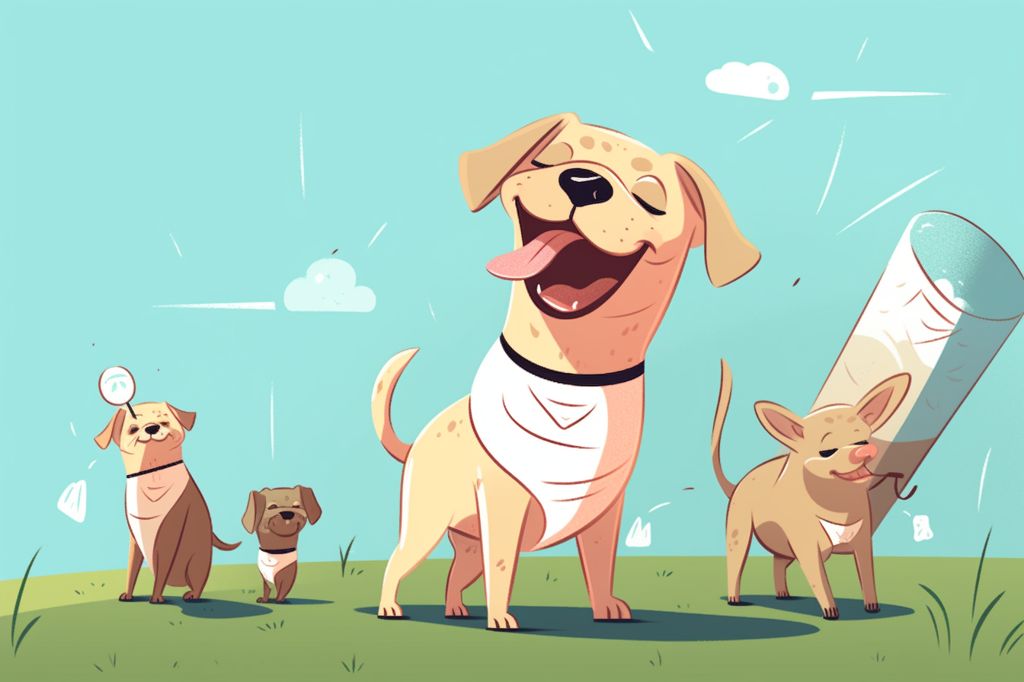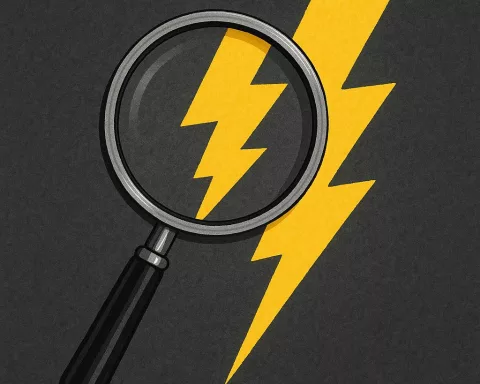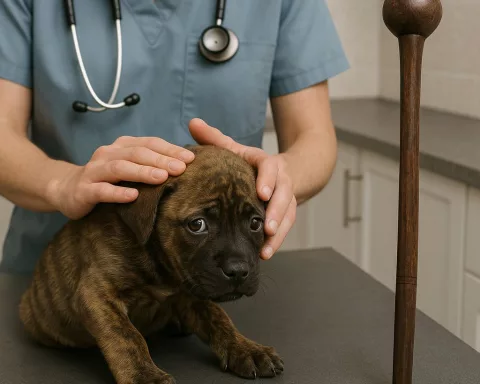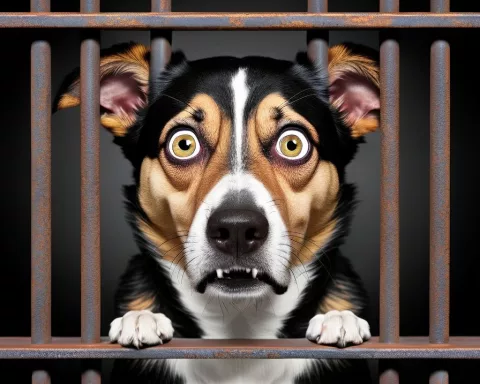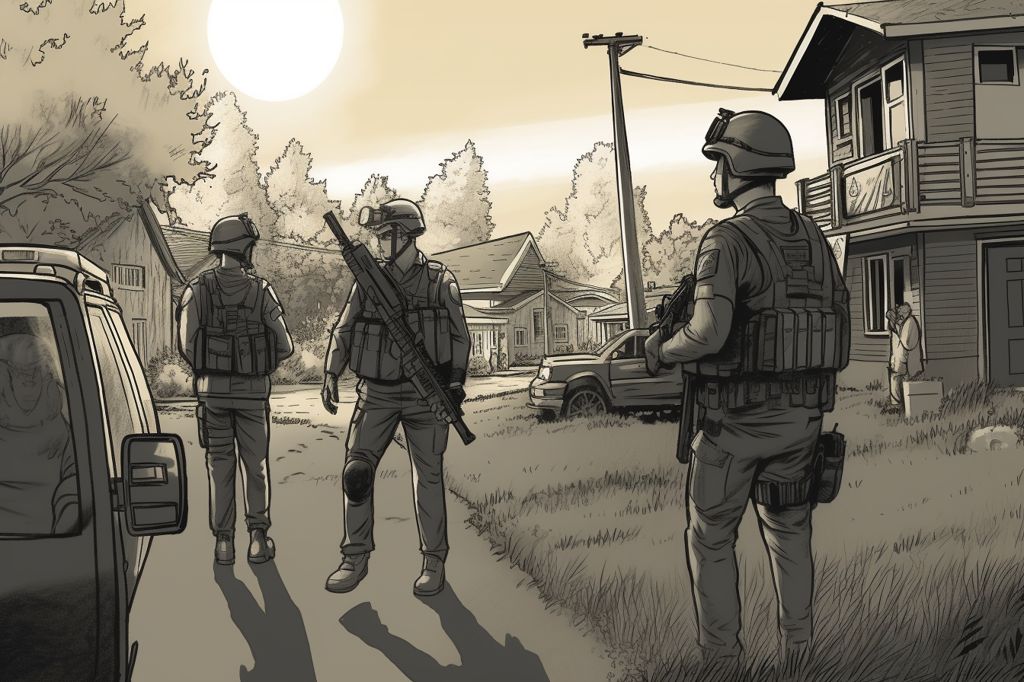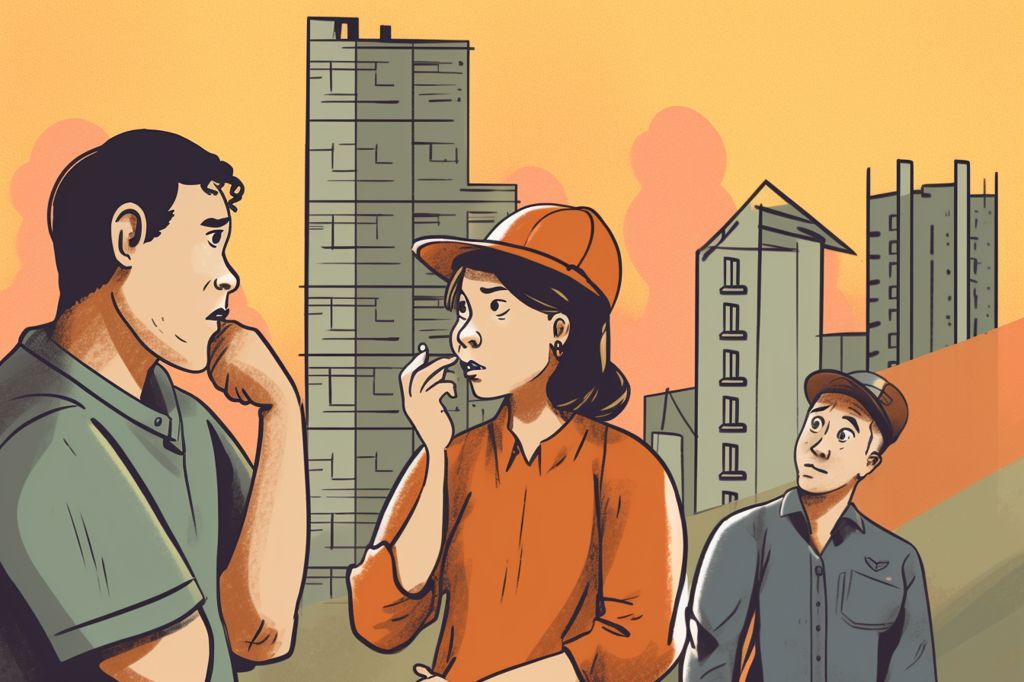Over the last ten years, Cape Town has made impressive strides in addressing pet overpopulation, thanks to the combined efforts of local government and various animal welfare organizations. Through the sterilization of domestic animals, close to 15,000 animals have been sterilized, thanks to a total investment of over R6.3 million from the Community Services and Health Directorate.
The Initiative’s Beginnings
The initiative first started when the directorate provided Grant-in-Aid funding to the Cape of Good Hope SPCA for a pilot mass pet sterilization project in the Dunoon and Brown’s Farm areas. The resounding success of this pilot project paved the way for its expansion across other parts of the city.
Expansion of the Program
A recent campaign, conducted between September 2022 and February 2023, brought the benefits of sterilization to the communities of Hout Bay, Masiphumele, and Ocean View. This particular campaign alone resulted in the sterilization of 1,500 animals.
The Cape of Good Hope SPCA was joined by several other animal welfare organizations, including AACL, ARO, AWS-P, DARG, ENVIROVET CVC, PDSA, and TEARS. These organizations, who are members of the Cape Animal Welfare Forum (CAWF), have been instrumental in reaching a total of 14,842 sterilizations since the program began. The project has expanded its reach to areas such as Dunoon, Brown’s Farm, Khayelitsha, Wesbank, Atlantis, Wallacedene, Bloekombos, Tafelsig, and most recently, the deep South.
The Role of Education and Awareness
Mayoral Committee Member for Community Services and Health, Councillor Patricia Van der Ross, expressed her profound gratitude to the animal welfare sector for their unwavering commitment to the cause. She emphasized that this project goes beyond just the surgical procedures and reducing unwanted litters. It also incorporates education and awareness sessions on responsible pet ownership, which ultimately contribute to healthier pets, healthier communities, and a better urban environment overall.
Positive Outcomes
The sterilization program has led to a reduction in the number of stray cats and dogs that are euthanized each year, alleviating the pressure on overcrowded animal shelters and decreasing the number of unwanted and neglected animals in the city.
Future Plans
Moving forward, a new application has been submitted to the Grant-in-Aid committee, requesting R748,676 in funding for a project targeting the areas of Eersteriver, Faure, and Macassar. This initiative is currently awaiting Council approval.
As the City of Cape Town continues to work closely with animal welfare organizations, the collective efforts of these dedicated individuals will undoubtedly lead to a healthier urban environment for both people and their pets. The achievements of the past decade serve as a testament to the power of collaboration and commitment in tackling significant challenges like pet overpopulation.

